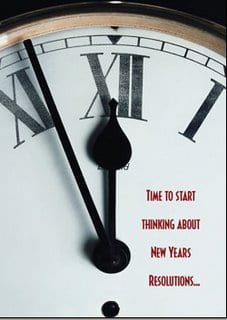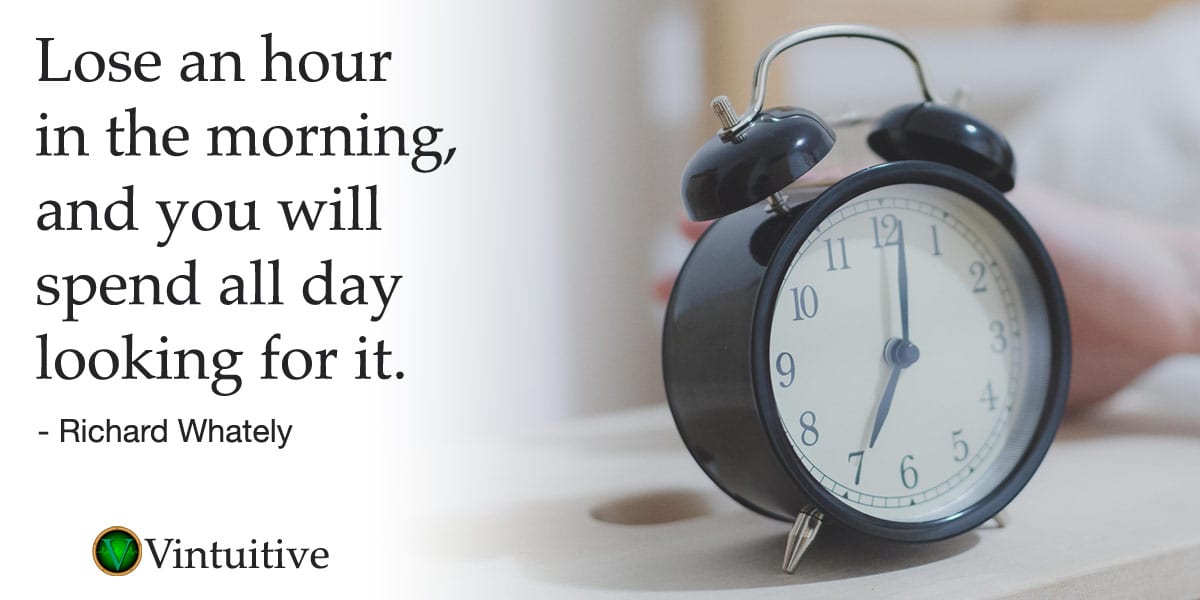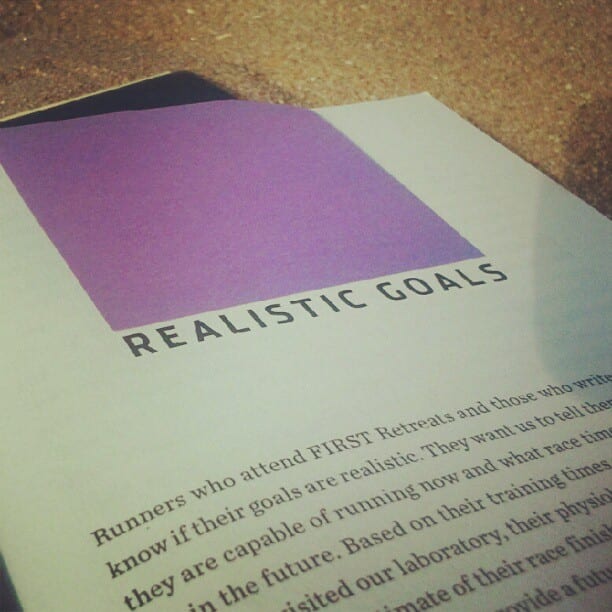With 2017 just around the corner, it's time to start thinking about how we can become better versions of ourselves. You might try to quit smoking. Or maybe it would be nice to get rid of that spare tire, you know, the one collecting dust in your basement (what did you think I was talking about?).

Whatever you're resolving to change this year, chances are this isn't the first time you've made this “new year, new me†promise to yourself. And if this is in fact your second or third or fourth time resolving to quit biting your nails (yeah, I'm looking at you Greg), the reality is you failed miserably once or twice or three times before.
I know this not because I'm psychic, or because I have an exceptional understanding of human nature (I'm much better with cats, really), but because science and research is kinda what I do for a living…
Studies going as far back as 1972 find that close to 25% of resolutions fail within the first week of the year. On average it takes five or six attempts before someone can make a resolution stick for at least six months.
So what's the deal?
To explain this enigma of failure and renewed effort, bad-habit psychologists Dr. Janet Polivy and Dr. Peter Herman propose the idea that resolvers fail to recognize that their expectations of self-change are wholly unrealistic. Failure is then attributed to some extrinsic factor– like not trying hard enough or not following the right program– instead of the intrinsic unattainability of the goal, setting us up for failure again next year.
Polivy and Herman describe four main sources of resolution failure, all connected to unrealistic expectations: amount, speed, ease, and effects of other aspects of one's life. To help illustrate these factors, I will share with you my 2017 New Year's resolution as an example– to quit procrastinating (because seriously, this blog post was due like a week ago…).
– Amount. According to Polivy and Herman, “Expectations often exceed what is feasible and lead people to reject more modest, achievable goals. The best is the enemy of the good.†For example, part of my plan to quit procrastinating might be to get up real early on a regular basis to work on my manuscript. Maannn… I already know it's pretty much impossible to get anything done before 11am. You just can't fight biology! A better goal might be to set aside 2 hours a day, maybe from noon to 2pm, to work exclusively on my writing.

– Speed. “Moreover people often predict that they will change more quickly and more easily than is possibleâ€. Ok, I'll admit, waking up early to get things done isn't TOTALLY impossible (yeah ma, I know you told me so). But it's probably fair to say that totally changing my sleep cycle to be consistently productive at 8:30am within the first 2 weeks of the year is a little unreasonable. Waking up by 9:30am consistently within the first 2 weeks and working my way to 8:30am by February seems a little more reasonable.
– Ease. “Likewise, people believe that the changes they desire are more feasible or easier to attain than is often the case.†Overconfidence has been shown to contribute to failure in some of our most popular resolutions– losing weight and quitting smoking or drinking. This is because our favorite vices are somehow intrinsically rewarding. That's how they become bad habits in the first place. For example, while my procrastination might create problems for my future self, putting things off until later means present me can be wonderfully, hedonistically, lazy right now. Recognizing the difficulty of my endeavor will help me set attainable goals in the first place.
– Other aspects of one's life. “Finally, people often believe that making a change will improve their lives more than can reasonably be expectedâ€. This is basically a distorted perception of how this one change will magically change your whole life (cue the rainbow unicorn). For example, I think it's probably fair to expect that my productivity– measured in, say, pages written per hour– might improve if I stick to my resolution plan. This doesn't mean I should expect to be rolling in grant money or publishing 12 papers a year; procrastination isn't necessarily related to the production of quality work. It would be nice though.
So how do you fix it?
Bottom line: we kinda suck at being better people. Harsh, I know. But knowledge is power, and knowing what makes us suck in the first place is key to suck-cess. The trick, according to the experts, is to not “psych†yourself out.

For more specific tips on avoiding resolution failure this year, read Amanda Shaver's blog, “Making Resolutions That Stickâ€.
Featured Image: Happy New Year by retna karunia via Flikr
 |
Michelle Ziadie is a Ph.D. student in the Department of Genetics at UGA working on the evolution of maternal effects and undergraduate evolution education. A native of Miami, Florida with caribbean roots, Michelle never turns down an opportunity to engage with spicy food or spicy music. When she's not dancing the night away with friends or getting lost in the Georgia wilderness, Michelle can be found sipping a café Cubano and watching Teenage Mutant Ninja Turtles with her kitten, Thomas. More from Michelle Ziadie. |
About the Author
-
athenssciencecafehttps://athensscienceobserver.com/author/athenssciencecafe/April 17, 2020
-
athenssciencecafehttps://athensscienceobserver.com/author/athenssciencecafe/April 12, 2020
-
athenssciencecafehttps://athensscienceobserver.com/author/athenssciencecafe/April 3, 2020
-
athenssciencecafehttps://athensscienceobserver.com/author/athenssciencecafe/March 30, 2020







